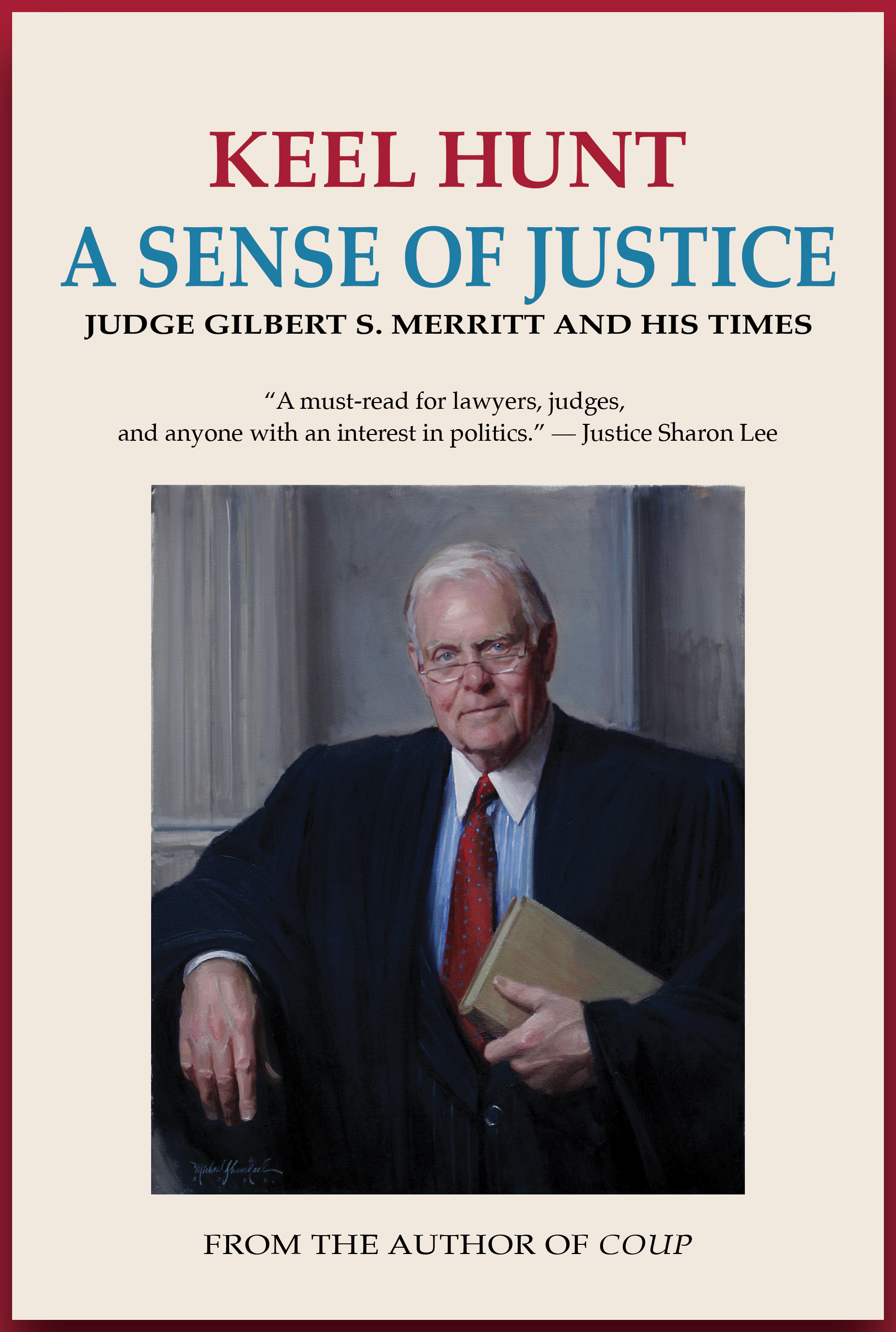Senator Howard Baker, vice chairman of the Senate Watergate Investigating Committee, questions witness James McCord during hearing in Washington, on May 18, 1973. Because of his intellectual honesty and capacity for bipartisanship, the Tennessee Republican and future Senate leader went from being a defender of President Richard Nixon to working with Democrats to produce a final report that was a model for congressional probes. Credit: AP Photo
Lessons in Leadership from Howard Baker
Fifty years after Richard Nixon’s resignation, the life example of the Republican vice chair of the Senate Watergate Committee still resonates.
by Ira Shapiro and Keel Hunt Washington Monthly
Published August 14, 2024
It has been 40 years since Howard Baker, the Tennessee Republican, at the peak of his career, retired from the Senate at the age of 59 after serving three terms, including four years as Minority Leader and four as Majority Leader. Baker reached for the presidency and was defeated; he is not a household name like Ted Kennedy or John McCain, and there are no buildings in Washington. D.C., named for him. He is virtually unknown to those under 50, and even older Americans recall him only for his famous question during the Watergate hearings: “What did the president know, and when did he know it?”
And yet, Howard Baker may have been the most universally admired political leader of the past 50 years. It was often said that if the senators could vote for president in a secret ballot, Baker would have won. Given the public’s deep and abiding distrust of politicians and anger about the failure of our institutions, Baker’s career teaches lessons in leadership that are more relevant today than ever before.
For Howard Baker, politics was the family business. His father, Howard Henry Baker, Sr., was a Tennessee congressman who died in office, and his stepmother, Irene Baker, succeeded him. In 1951, Baker married Joy Dirksen, the daughter of the legendary Republican Everett Dirksen, who would go on to become Senate Minority Leader and the namesake of the Senate office building. Dirksen played an essential part in Baker’s rise after an early stumble. He lost his first bid for the Senate in 1964, as the Republicans led by Barry Goldwater were crushed nationally. But he ran again two years later, won handily, and reached the Senate at 41.
Well over a hundred Nashvillians attended the event celebrating the publication of A Sense of Justice: Judge Gilbert S. Merritt and His Times at Parnassus Books in Nashville on January 17. Photo by Shannon Hunt
Keel’s latest book places this colorful, long-serving judge of the U.S. Court of Appeals for the Sixth Circuit in his comprehensive political and social context. Merritt was an early Kennedy Democrat in the South, a respected legal scholar, and lifelong opponent of the death penalty. To understand Merritt’s life and career, Hunt writes, is to know much about the political history of Tennessee and especially of modern Nashville.
“This social biography is a graduate course in Southern political history, and how that history is much more than campaigns and elections. It depicts a much deeper weave of the power of friendship and loyalty, the influence of history upon individuals and generations, and of how communities of interest formed and evolved over time in our nation—and of how it is all connected.”
—Parnassus Books
This illuminating portrait is based on extensive interviews with Merritt over the final year of his life and with 145 other individuals who knew him best. Read more
A Parnassus Books bestseller.
Also by Keel Hunt
COUP
“Every elected official in America should read it.”
–Philip Bredesen, former Governor of Tennessee
COUP is the true story of the 1979 ouster of Tennessee’s Governor Ray Blanton by senior leaders of his own political party. Based on 163 interviews, it tells of one fateful day when unlikely collaborators came together from opposite sides of the political aisle to resolve an unprecedented crisis. Learn more
CROSSING THE AISLE
“The state’s complicated geography and politics has made it an intriguing case study in how to govern.”
–Jon Meacham, presidential historian and scholar at Vanderbilt University
CROSSING THE AISLE offers striking examples of bipartisan cooperation on many policy fronts—and a mode of governing that provides lessons for America in this frustrating era of partisan stalemate. Based on more than 400 interviews, this is truly a book for all Americans. Learn more
THE FAMILY BUSINESS
“The Family Business, by Keel Hunt, tells the story of another company, Ingram, which not coincidentally, played an indispensable role in enabling Amazon's initial success as the world's largest online bookstore.”
–Tim O’Reilly, CEP & Founder, O’Reilly Media
THE FAMILY BUSINESS tells the little-known story of an extraordinary journey of a half-century—the inside story of how the Ingram Book Company became one of the world’s most important media businesses. For the first time, the tale is told with the full cooperation of the Ingram family and other leaders across the book industry. Learn more
KEEL HUNT
Author and newspaper columnist Keel Hunt is a keen observer of political and cultural change.
He writes from Nashville, at the crossroads of southern tradition and modern transition.
After his early career in newspaper journalism, Keel was Special Assistant to Tennessee Gov. Lamar Alexander from 1979-1986. In this 1983 photo, Alexander was chair of the National Governors Association, and Arkansas Gov. Bill Clinton was the NGA vice chair.








